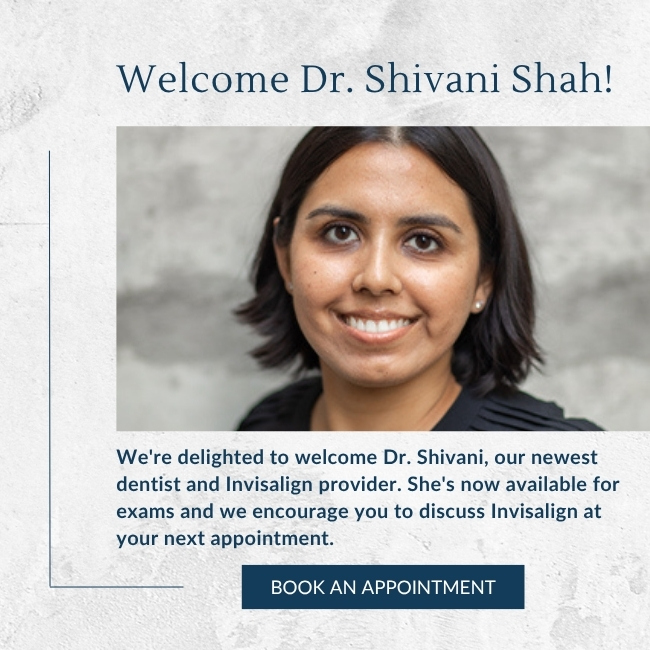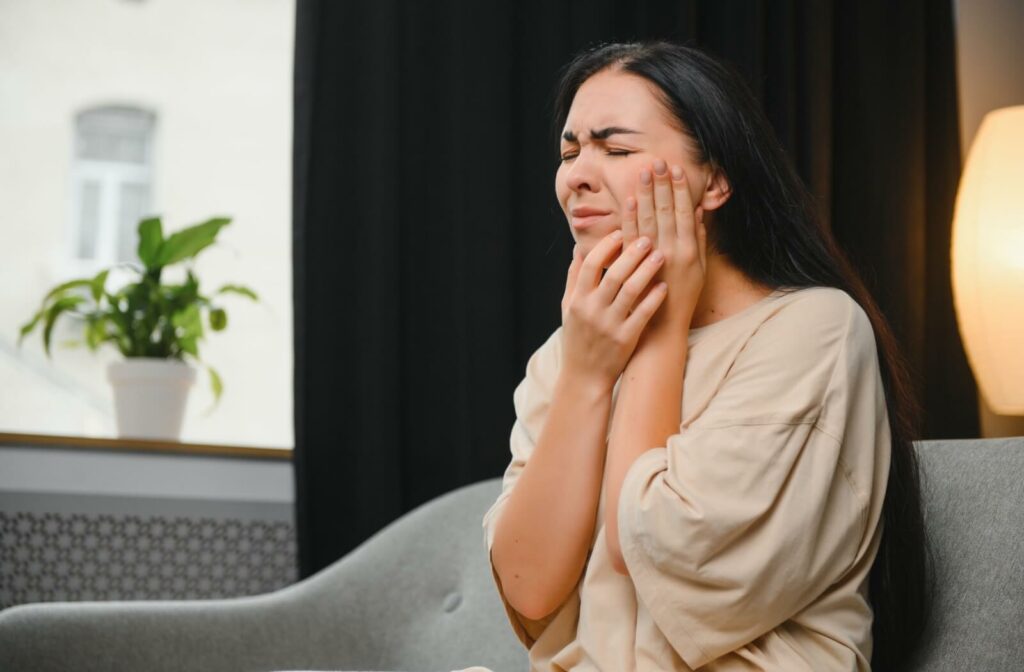It’s natural to be offset by the words “gum disease” when thinking about your oral health. Often called periodontal disease, gum disease leads to bad breath, redness, and easily-bleeding gums. This common dental condition can easily be treated with your dentist’s help. But can you cure gum disease without a dentist, and if so, how?
While you can’t completely cure gum disease without a dentist’s help, you can effectively manage its symptoms. Look for signs like bad breath or swelling in the gums. If you notice these symptoms, make sure to regularly brush your teeth, use antibacterial mouthwash, and take other steps to treat bacterial buildup. However, it can help to visit your dentist; they’re an oral care professional and can help effectively cure your gum disease.
What Is Gum Disease?
Gum disease, also known as periodontal disease, is a bacterial infection of the gums. At first, it causes mild irritation and inflammation, but it can be much more serious. If left untreated, it can destroy bone-supporting teeth.
Gingivitis
In earlier stages, gum disease is called gingivitis. This causes the gums to become swollen, red, and prone to bleeding. At this point, you’ll often experience:
- Overall irritation
- Bad breath that doesn’t go away
- Bleeding after brushing or flossing
- Swelling
- Tender or painful gums
Periodontitis
If gum disease progresses, it leads to a more severe infection called periodontitis. This develops when the bacteria spread and begin infecting the soft tissue in the mouth. The bacteria can then reach the bone and start destroying the supporting foundation for your teeth.
Periodontitis often causes:
- Loose or shifting teeth
- New spaces developing between your teeth
- Persistent bad breath or a bad taste in your mouth
- Receding gums that pull away from your teeth
- Pus between your teeth and gums
- A change in the way your teeth fit together when you bite
What Causes Gum Disease?
Gum disease is caused by the buildup of bacteria in plaque—that sticky off-white or yellow substance that coats teeth. While plaque can occasionally be harmless, it can also be harmful. If it’s not removed, this buildup can begin to irritate the gums, leading to the initial infection and redness.
However, this isn’t the only cause. Many factors can lead to this condition—almost any habit or development that increases the bacteria in your mouth can contribute to the likelihood of gum disease. These include:
- Smoking or chewing tobacco
- Hormonal changes
- Diabetes
- Certain medications, such as steroids
- Illnesses that reduce the body’s ability to fight infection
- Poor nutrition, including vitamin C deficiency
- Substance abuse
Can You Cure Gum Disease at Home?
While gum disease initially causes minor symptoms, it’s important to remember that it can cause significantly worse damage if left untreated. Because of this, early intervention is key; taking steps early to manage your gum disease can lower the risk of developing further complications.
However, it’s important to note that you can’t completely cure this condition alone. Bacterial infections can be complicated, and once the gum disease settles into the mouth’s soft tissue, you’ll need professional care from your dentist. While there are some effective home remedies and treatments to manage symptoms and limit bacterial spread, they aren’t a substitute for professional treatment.
Consistent Oral Care
Proper oral hygiene is essential for most dental conditions, including periodontal disease. Try to:
- Brush your teeth 2 times a day for at least 2 minutes at a time. Use a soft-bristled toothbrush to avoid causing wear and tear, and use fluoride toothpaste.
- Floss at least once daily, making sure you reach every gap between the teeth and along the gumline.
Antibacterial Mouthwashes
Antibacterial mouthwashes, when used alongside regular brushing and flossing, can help manage the level of bacteria in your mouth.
Salt Rinses
A saltwater solution can act as a mild antiseptic in your mouth, especially beneficial if your gums are irritated or painful. Prepare a rinse by:
- Boiling water
- Adding sea salt
- Letting the mixture cool (do not drink when hot)
Once cooled, swish it in your mouth for 30 seconds before spitting it out. Don’t swallow the solution; it can cause inflammation and irritation in your stomach and symptoms of dehydration.
Green Tea
Green tea contains antioxidants that can help reduce inflammation in your body. Instead of coffee, try switching to green tea, or look for green tea-related products next time you’re out shopping. While this can’t cure bacterial spread, it can help reduce inflammation and irritation.
Tips for Preventing Gum Disease
Many dental conditions are easier to prevent than to cure; a proactive approach can make a big difference. With gum disease, it can help to:
- Maintain your oral hygiene.
- Limit your sugar consumption, as too much sugar can increase the amount of plaque in your mouth and lead to further infections.
- Avoid tobacco usage, as it causes inflammation and can interfere with your body’s natural healing process.
- Be mindful of any medication you’re taking. Some can have side effects that affect your oral health.
However, one of the most important steps is to regularly visit your dentist for dental exams and cleanings.
When It’s Time to Visit the Dentist
Seeing your dentist for regular check-ups and cleanings is critical for preventing gum disease. While you can take steps to reduce the irritation at home, it isn’t a substitute for professional treatment. If you’ve recently noticed any symptoms of gum disease, reach out to our team at Belman Dental Centre—we can help. Don’t let your gum disease progress without treatment; request an appointment with our team today.



